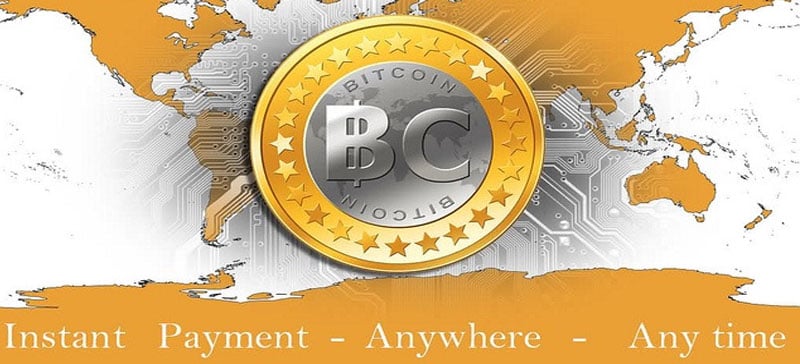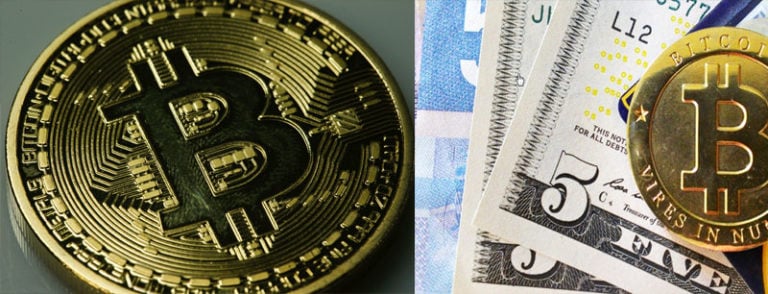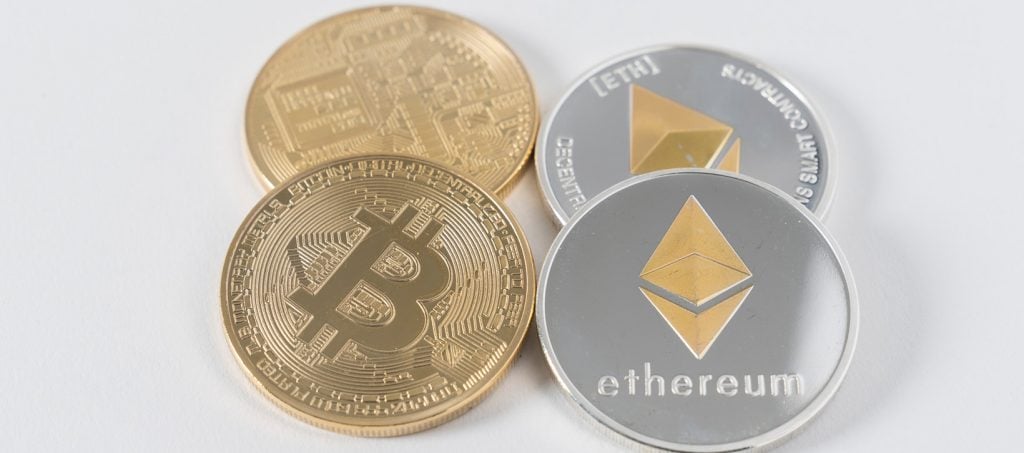Is Bitcoin the future of money?
Have you heard of Bitcoin? If you haven’t, I hate to break it to you but you may be one of the last people on the planet that hasn’t.
I recently was at an event in San Francisco, California and struck up a conversation with a gentlemen that appeared to be in his mid-20’s. We exchanged casualties like, “oh what do you do for a living?†This new connection of mine told me that 5 years ago he invested in Bitcoin and has since retired. At 26 years of age. He took out the money he needed to live comfortably and re-invested the rest back into Bitcoin.

If you haven’t, I hate to break it to you but you may be one of the last people on the planet that hasn’t. Bitcoin was introduced about 5 years ago and works as an online payment system. In layman’s terms Bitcoin is a peer-to-peer digital or cryptocurrency that does not operate with a central repository. It is also the largest cryptocurrency in terms of total market value. To date, Bitcoin is worth $342.23 USD per coin.
Bitcoin emerged as economies across the world starting losing trust in the current banking model. Institutions that have been around longer than ourselves have changed very little throughout our lifetime. Not only does the lack of trust, and stagnant change of banks allow Bitcoin to thrive, but also the possibility of eliminating inflation. Bitcoin saw the opportunity to take the power out of the institutions and provide a better service, and the people responded. Bitcoin operates universally, meaning for the first time, there is a possibility of a global currency. With a truly international currency possibilities for global economic growth, and social equality are endless.

Bitcoin emerged as economies across the world starting losing trust in the current banking model. Institutions that have been around longer than ourselves have changed very little throughout our lifetime. Not only does the lack of trust, and stagnant change of banks allow Bitcoin to thrive, but also the possibility of eliminating inflation. Bitcoin saw the opportunity to take the power out of the institutions and provide a better service, and the people responded. Bitcoin operates universally, meaning for the first time, there is a possibility of a global currency. With a truly international currency possibilities for global economic growth, and social equality are endless.

New York is currently debating if and how they should regulate Bitcoin. The decision that New York comes to may be influential globally because of the financial power New York holds. So far, the decision to require a license for Bitcoin mining is in motion, which will limit the amount of Bitcoin activity almost immediately.Russia’s Bitcoin involvement becomes a little more intense. Russia has outwardly opposed the use of Bitcoin since the beginning of this year. The country has warned citizens that anyone who uses Bitcoin may be promoting illegal activities. The country is currently in the midst of drafting a bill that would not only ban Bitcoin, but also any activity pertaining to Bitcoin: mining, looking at related websites, trading, etc. Recently, the Russian government confiscated Bitcoin mining tools from a resident near the Chinese boarder.

The fears of authority may be warranted. It is no secret there is a lack of security with cryptocurrency. The system is based almost entirely off of trust. There is also the issue of “knock off brands†that are starting to popping up. One of those knock off brands is Darkcoin; a cryptocurrency that is promising to keep its user’s identity’s confidential as well as their purchasing decisions. Some worry Darkcoin will be prominent in the online drug industry, or worse, funding terrorism.
The future of all cryptocurrency is yet to be known. It is important for us to get a better understanding of how the currency can impact the global economy, and what we can do to make the new form of currency more reliable.






